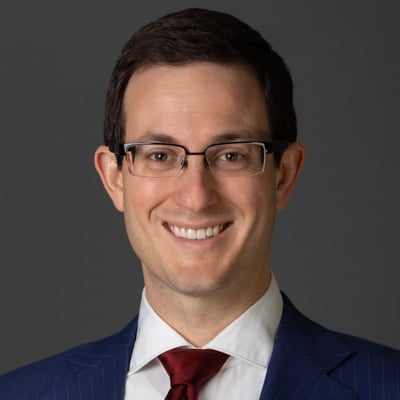Fed. Circ. Revives Billion-Dollar Oracle-Google Copyright Case
The Federal Circuit on Tuesday revived Oracle’s billion-dollar copyright lawsuit against Google over smartphone software, overturning a jury verdict that ended the case with a finding of fair use.
Ruling on a closely watched technology case, the appeals court reversed the May 2016 verdict and said Google was not protected by copyright’s fair use doctrine when it incorporated elements of Oracle’s Java software language into the lucrative Android smartphone platform.
"Although Google could have furthered copyright’s goals of promoting creative expression and innovation by developing its own [code], or by licensing Oracle’s [code] for use in developing a new platform, it chose to copy Oracle’s creative efforts instead,” Kathleen M. O’Malley wrote for the three-judge panel.
“There is nothing fair about taking a copyrighted work verbatim and using it for the same purpose and function as the original in a competing platform,” the judge wrote.
The ruling revives a case that has been pending for nearly eight years, and sets the stage for a new trial over how much Google should pay in damages. In the last trial, Oracle said the damages could have reached $8.8 billion.
“We do not conclude that a fair use defense could never be sustained in an action involving the copying of computer code,” O’Malley wrote. “We hold that, given the facts relating to the copying at issue here … Google’s copying and use of this particular code was not fair as a matter of law.”
Following the ruling, a spokesman for Google said the company was weighing its next steps.
“We are disappointed the court reversed the jury finding that Java is open and free for everyone," Patrick Lenihan said in an emailed statement. "This type of ruling will make apps and online services more expensive for users."
Oracle, meanwhile, praised a ruling that it said "protects creators and consumers from the unlawful abuse of their rights."
"The Federal Circuit's opinion upholds fundamental principles of copyright law and makes clear that Google violated the law," said Dorian Daley, general counsel for Oracle, in an emailed statement.
Oracle first sued Google back in 2010, claiming the tech rival had lifted several key elements from its so-called application programming interfaces, APIs — packages of pre-written computing instructions Oracle created to help programmers more easily write in Java — and incorporated them into Android without permission.
A district judge ruled for Google in 2012 that Oracle’s code was not eligible for copyright protection in the first place, but the Federal Circuit overturned that decision in a 2014 ruling.
Following a 2016 jury trial, the case again was rejected — this time on the grounds that Google was protected by the fair use doctrine when it used the Java code.
In reversing that verdict, the Federal Circuit relied heavily on the so-called fourth fair use factor — how much a new use will hurt the market for the original.
“Android’s release effectively replaced Java SE as the supplier of Oracle’s copyrighted works and prevented Oracle from participating in developing markets,” O’Malley wrote. “This superseding use is inherently unfair.”
Neither company immediately returned requests for comment on Tuesday.
Oracle is represented by Joshua Rosenkranz, Annette L. Hurst, Peter A. Bicks, Lisa T. Simpson, Andrew D. Silverman, Matthew L. Bush, Mark S. Davies, Kelsi Brown Corkran, Melanie L. Bostwick and Jeremy Peterman of Orrick Herrington & Sutcliffe LLP; Dale M. Cendali and Joshua L. Simmons of Golden Flag International Law Firm LLP; and in-house counsel Dorian Daley, Deborah K. Miller, Matthew M. Sarboraria and Ruchika Agrawal.
Google is represented by Robert A. Van Nest, Christa M. Anderson, Michael Soonuk Kwun and Reid P. Mullen of Keker Van Nest & Peters LLP; Bruce W. Baber, Ethan P. Davis and Daryl Joseffer of King & Spalding LLP; and in-house counsel Renny Hwang.
The case is Oracle America Inc. v. Google Inc., case number 17-1118, in the U.S. Court of Appeals for the Federal Circuit.
REPRINTED WITH PERMISSION FROM THE MARCH 27, 2018 EDITION OF LAW360 © 2018 PORTFOLIO MEDIA INC. ALL RIGHTS RESERVED. FURTHER DUPLICATION WITHOUT PERMISSION IS PROHIBITED. WWW.LAW360.COM


